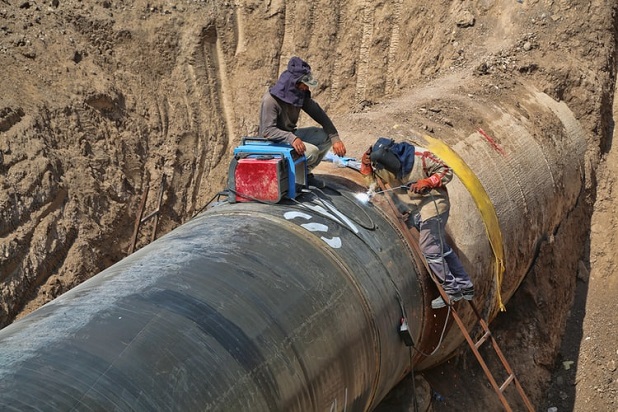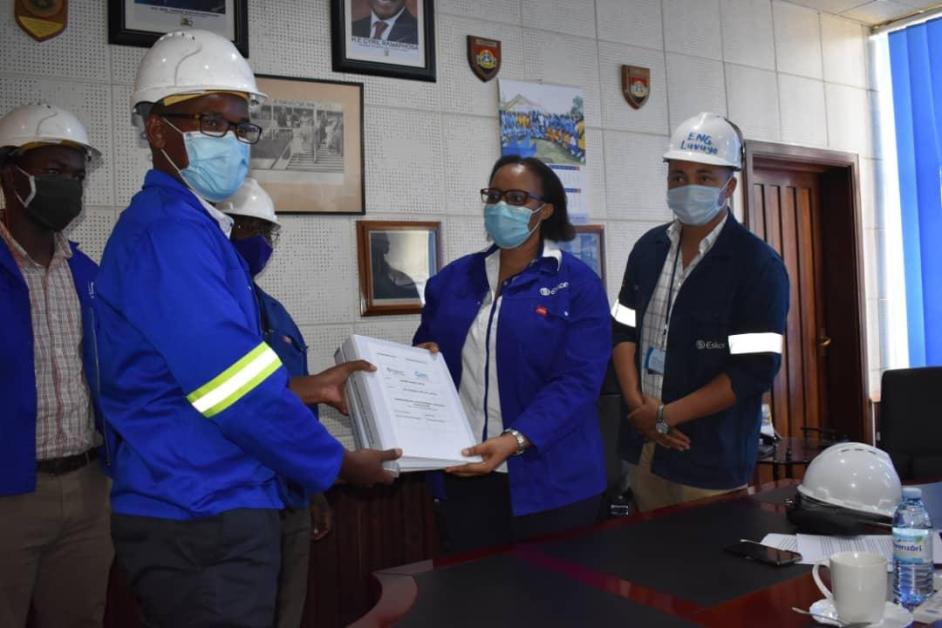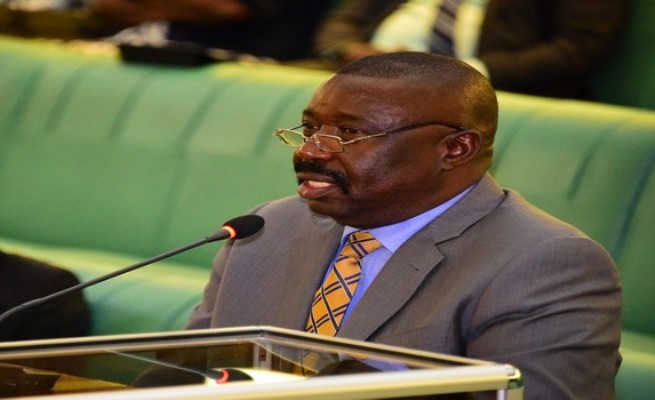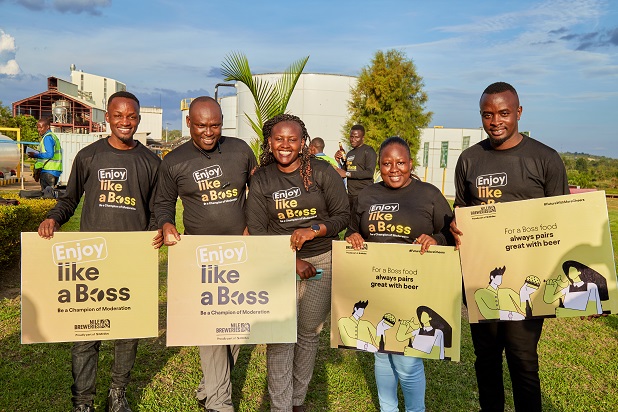Africa must use its oil and gas resources to provide energy for 600 million of its population currently trapped in energy poverty. The call is by Dr. Omar Farouk Ibrahim, the Secretary-General of the African Petroleum Producers Organization (APO).
Omar Farouk Ibrahim was the keynote speaker at the First Oil and Gas Expo— an event organized by the Petroleum Authority of Uganda (PAU) held at the International University of East Africa in Kampala.
Dr. Farouk Ibrahim noted that there should be no reason why Africa has the largest population of people living in energy poverty.
Africa currently exports 70% of its crude oil and 45% of its gas. Global energy statistics indicate that Africa’s people have the least access to energy. Africa is estimated to have over 25 billion barrels of proven crude and over 600 trillion cubic feet of gas
Where Did Africa Get It Wrong?
Dr. Farouk Ibrahim agrees with other researchers who have observed that Africa got it wrong from the very beginning where oil and gas development followed the colonial tradition where the industry was structured to serve foreign, not domestic needs.
“Thus Africa emphasized the cultivation of cash crops for export at the expense of food crops for its population,” said Dr. Omar Farouk Ibrahim whose organization promotes cooperation in the field of hydrocarbons between Member Countries and other international institutions.
Some of the original members of the African Petroleum Producers Organization (APO) include Algeria, Angola, Benin, Cameroon, Congo, Gabon, Libya, and Nigeria. Uganda which is developing its 1.6-billion-barrel oil and gas find is expected to join APO and the Organization of Oi Producing Countries OPEC.
According to Dr. Omar, when oil and gas were discovered in Africa the industry infrastructure that was developed was export-oriented not to meet the needs of Africans.
“So from the very beginning, the African government saw oil and gas as sources of foreign exchange with which to fund their annual budgets and to pay for imported goods and services. Little effort was put to developing a local market for our energy,”
As part of the efforts to commercialize Uganda’s newly found oil and gas resources, the governments of Uganda and Tanzania are to construct the East African Crude Oil Pipeline that will export the crude to the port of Tanga. Dr. Farouk Ibrahim suggested what he called a mindset that sees Africa’s salvation that comes out of Africa, especially from countries that dominated and colonized the continent for so long.
What Is the Future of Africa’s Oil in the Energy Transition?
For Dr. Farouk, the pursuit of the energy transition by the developed countries calls for Africa to take ownership of its oil and gas industry by itself.
“The solution to the eminent challenges that the energy transition poses to the African oil and gas industry lies in continuing not to do more of what we have been doing since independence. But in developing a different mindset. We have been conditioned to believe that the African oil and gas industry can’t make much progress without external support in financing, technology, and in markets”
He observes that the problem with accepting these doctrines is that Africa’s policymakers become so obsessed with what to do in creating an enabling environment for foreigners to come and develop its resources. “To the extent that they ignore the huge potential within their countries and their people,” said Farouk Ibrahim.
A study conducted by APO recently found three major challenges to Africa’s oil and gas finds in the wake of the energy transition debate. They included funding, the challenge of knowledge and expertise acquisition and the challenge of finding markets for oil and gas in the event that developed countries succeed to shift from no fossil energy.
The Energy and Mineral Development Minister, Ruth Nankabirwa agreed with Farouk Ibrahim about the need for the African governments to devote more money within their budget to develop oil and gas resources given the declining interest from the oilmen from the West and Asian countries. Farouk Ibrahim told URN that Africa produces about 8 million barrels of oil per day, 8mbd, or about 9% of global daily production.
He said most of Africa’s oil is exported outside Africa for two reasons. First is the lack of refining capacity, either because the refineries are not enough, or the existing ones are not operating optimally.
For countries like Uganda that are about to earn from the petrodollars, Farouk Ibrahim urges the executives in government ministries, bodies like the Petroleum Authority, Uganda National Oil Company(UNOC), and generally the elite not to repeat the mistake by some African countries to avoid lifestyles that could lead them putting the resources to waste by being moderate in their expenditure.
-URN





